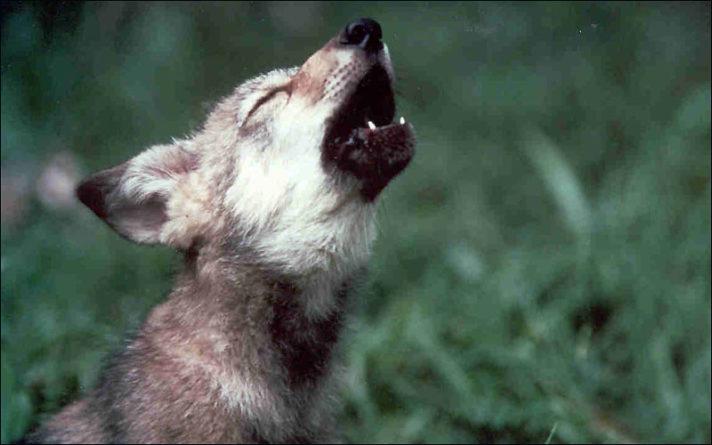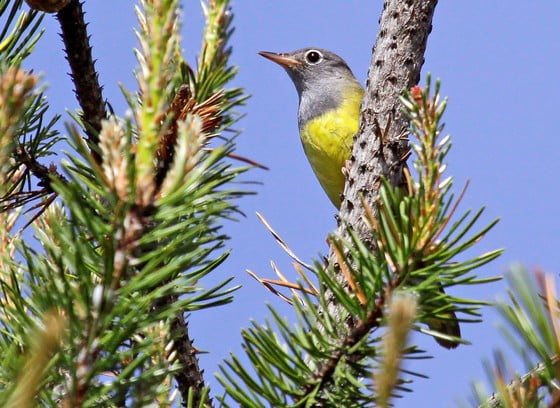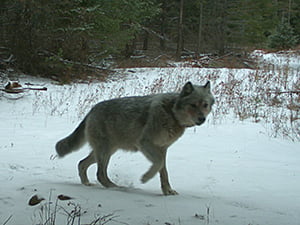
ALBUQUERQUE – Twelve Mexican wolf pups are now being cared for and raised by surrogate wild wolf parents after successful efforts to introduce them into existing wolf litters in Arizona and New Mexico.
The young wolves were placed in their foster dens by scientists from the Mexican Wolf Species Survival Plan group and Interagency Field Team (IFT). The cross-fostering is part of an effort to restore the rare gray wolf subspecies to its former range and increase genetic diversity in the wild population.
Five Mexican wolf pups were placed into wild dens in Arizona and seven pups were placed into wild dens in New Mexico from April 18 to May 10, 2019, in accordance with the Mexican Wolf Recovery Plan. Cross-fostering is a proven way to introduce pups into the litter of an experienced wild female. Typically, survival rates using this technique are higher than other wolf release methods.
Six of the pups came from the Endangered Wolf Center in Missouri, three from the Mesker Park Zoo in Indiana, two from the Sedgwick County Zoo in Kansas, and one from the Wolf Conservation Center in New York. In addition, three wild-born pups were removed from the Frieborn Pack in New Mexico and placed at the Endangered Wolf Center.
“We expanded our cross-fostering work this year both in the number of pups placed in the wild and the number of partners helping with the effort,” said Amy Lueders, the U.S. Fish and Wildlife Service’s Southwest Regional Director. “The support of our partners, including the Arizona Game and Fish Department, the Endangered Wolf Center, the Mesker Park Zoo, the Sedgwick County Zoo and the Wolf Conservation Center continues to play a critical role in the success of Mexican wolf recovery.”
“This is one of the most important conservation efforts in the history of Mexican wolf recovery,” said Jim deVos, Assistant Director for Wildlife Management at the Arizona Game and Fish Department. “Given the very small initial population of wolves, infusing new genetics into the growing wolf population is a crucial step to recovery. The field team worked tirelessly to locate dens and transfer pups to make this important contribution to wildlife conservation a success.”
The IFT will continue to monitor the packs through GPS and radio telemetry signals from collars placed on the wolves to avoid further disturbance. Later, through remote camera observations and efforts to trap the young of the year, the IFT plans to document the survival of the cross-fostered pups.
Partners in the effort to recover Mexican wolves include the Service, the government of Mexico, the Arizona Game and Fish Department, White Mountain Apache Tribe, U.S. Forest Service, USDA’s Animal and Plant Health Inspection Service –Wildlife Services, participating counties and the members of the Mexican Wolf Species Survival Plan.
For more information on the Mexican Wolf Recovery Program, visit the Service’s Mexican Wolf website or visit the Arizona Game and Fish Department website on wolves.
https://therogueoutdoorsman.com/category/nature-wildlife-news/

